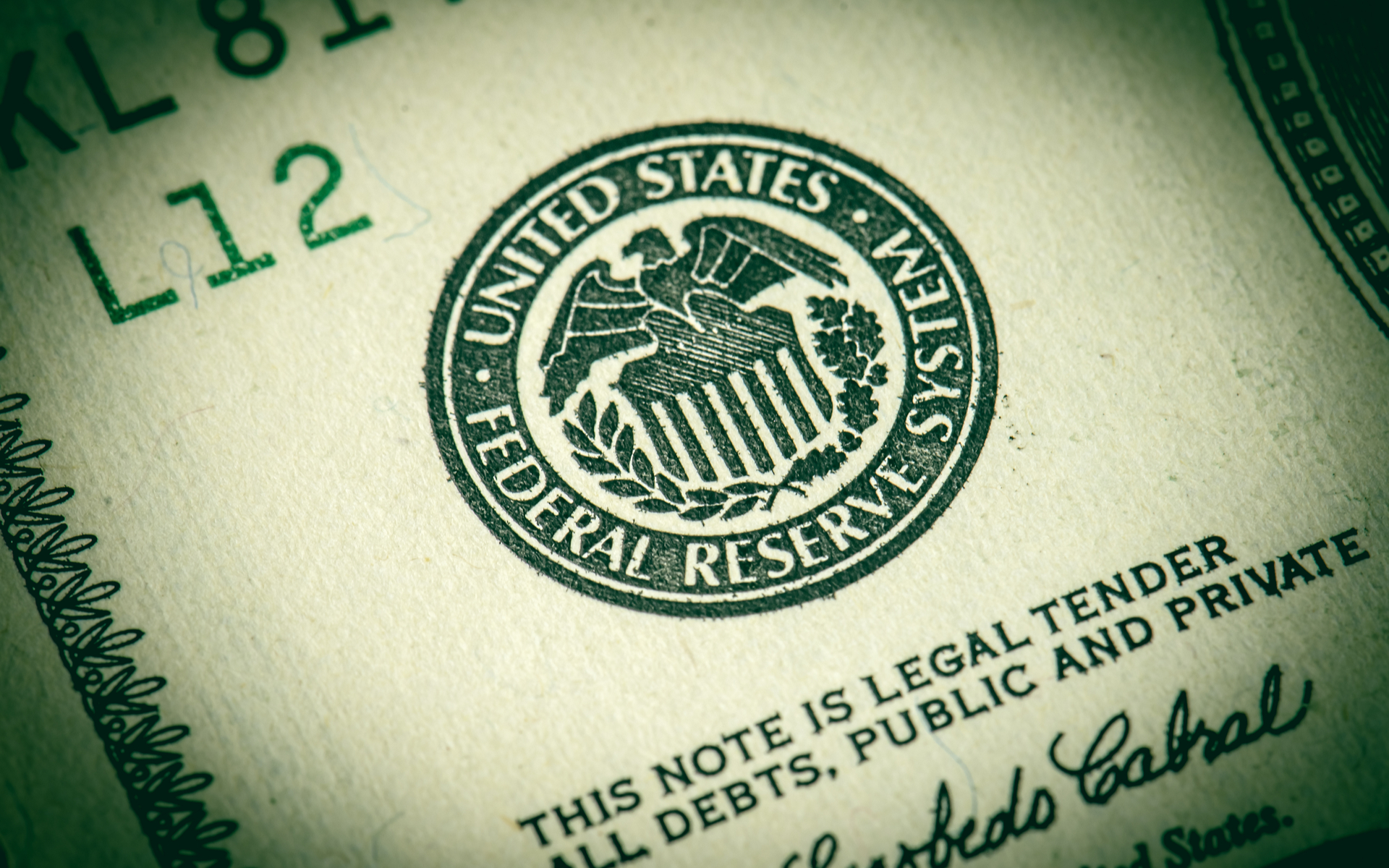PALO ALTO, Calif. (Reuters) - The Federal Reserve is looking at a broad variety of concerns around digital payments and currencies, including policy, style and legal factors to consider around possibly releasing its own digital currency, Governor Lael Brainard stated on Wednesday. Brainard's remarks suggest more openness to us fed coin the possibility of a Fed-issued digital coin than in the past." By changing payments, digitalization has the possible to deliver greater value and benefit at lower cost," Brainard said at a conference on payments at the Stanford Graduate School of Company.
Reserve banks internationally are discussing how to manage digital finance technology and the dispersed ledger systems utilized by bitcoin, which promises near-instantaneous payment at possibly low cost. The Fed is developing its own day-and-night real-time payments and settlement service and is presently evaluating 200 remark letters submitted late in 2015 about the suggested service's style and scope, Brainard stated.

Less than two years ago Brainard told a conference in San Francisco that there is "no compelling showed need" for such a coin. However that was prior to the scope of Facebook's digital currency aspirations were widely understood. Fed authorities, consisting of Brainard, have raised issues about customer defenses and data and personal privacy hazards that might be presented by a currency that might enter use by the 3rd of the world's population that have Facebook accounts.
" We are working together with other fed coin price reserve banks as we advance our understanding of reserve bank digital currencies," she said. With more nations checking out releasing their own digital currencies, Brainard said, that contributes to "a set of factors to likewise be making certain that we are that frontier of both research and policy development." In the United States, Brainard stated, concerns that require study include whether a digital currency would make the payments system safer or simpler, and whether it might pose financial stability threats, consisting of the possibility of bank runs if money can be turned "with a single swipe" into the reserve bank's digital currency.
To counter the financial damage from America's extraordinary nationwide lockdown, the Federal Reserve has taken extraordinary actions, consisting of flooding the economy with dollars and investing directly in the economy. The majority of these relocations received grudging acceptance even from lots of Fed doubters, as they saw this stimulus as required and something just the Fed might do.
My brand-new CEI report, "Government-Run Payment Systems Are Risky at Any Speed: The Case Versus Fedcoin and FedNow," details the risks of the Fed's current prepare for its FedNow real-time payment system, and proposals for main bank-issued cryptocurrency that have been called Fedcoin or the "digital dollar." In my report, I discuss issues about personal privacy, information security, currency adjustment, and crowding out private-sector competitors and development.
Advocates of FedNow and Fedcoin say the government must produce a system for payments to deposit immediately, instead of motivate such Go here systems in the economic sector by raising regulatory barriers. But as kept in mind in the paper, the economic sector is supplying an apparently limitless supply of payment technologies and digital currencies to fix the problemto the level it is a problemof the time space between when a payment what is a fedcoin is sent and when it is received in a checking account.
And the examples of private-sector development in this location are lots of. The Cleaning House, a bank-held cooperative that has actually been routing interbank payments in numerous types for more than 150 years, has been clearing real-time payments since 2017. By the end of 2018 it was covering half of the deposit base in the U.S.